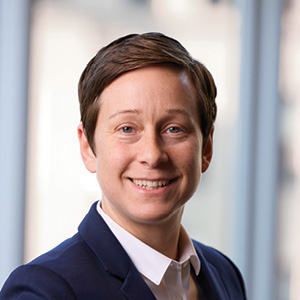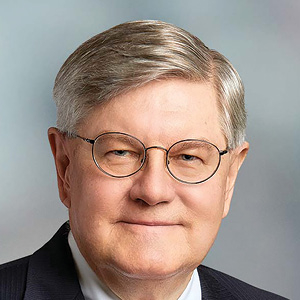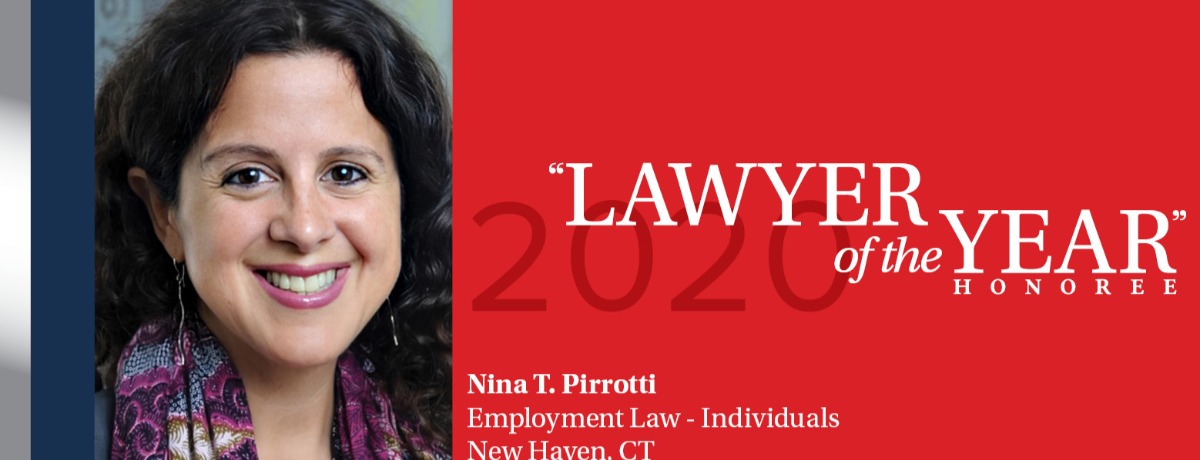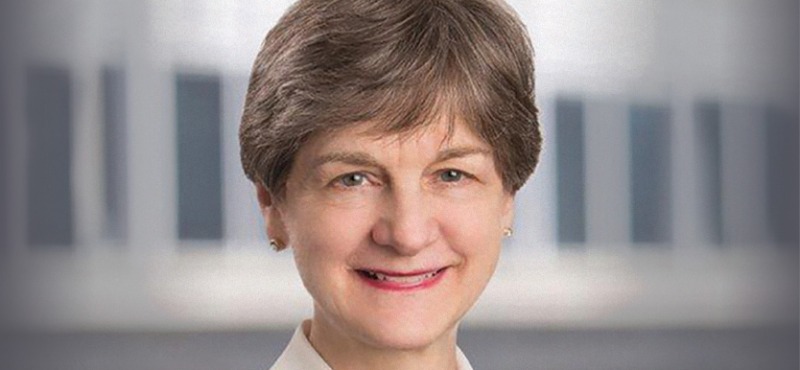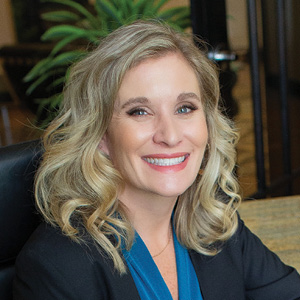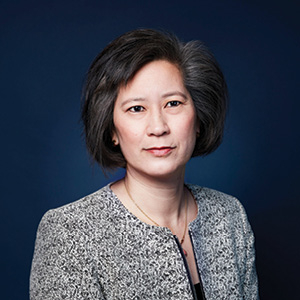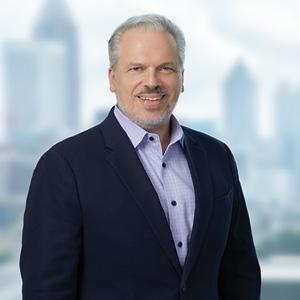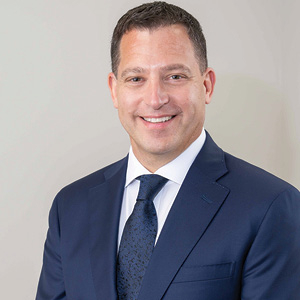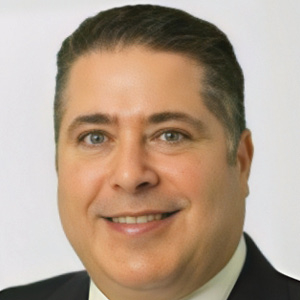Like many highly accomplished attorneys, Alyce Alfano attributes the success she’s found in her practice area to her ability to see a problem from all sides. Alfano has practiced education law for 27 years. In that time, the two-time “Lawyer of the Year” honoree has represented parents, students, and school districts and briefly served as a mediator for the Connecticut State Department of Education.
“I’ve been on all sides of the issue, and that’s given me a really good perspective,” says Alfano, of what she believes helps her to stand out from her peers.
Education law is a niche practice, according to Alfano, and one that poses a unique set of challenges to the attorneys representing school districts and agencies, as she does now. “The biggest challenge is the cost to local educational agencies, with all that they are supposed to do, and that they are consistently considered to be the deep pockets because there is so much cut back from society and from a familial perspective. It seems like the school districts are left responsible for more than any other entity,” Alfano says. “Budget shortcuts are certainly a huge issue here in Connecticut. Money is always tight. But I think also there is no other state agency mandated to do things anymore like make a residential placement, and so the school districts are always the ones ultimately held responsible. The goal is to hold them responsible for much beyond the students’ actual education.”
Resolving these issues takes more than just an understanding of the law, although in a specialized field like education, a rigorous knowledge of law and policy is crucial. But beyond this, for an education attorney to truly shine, he or she needs to possess a nuanced set of soft skills.
“A good education attorney has to be very accessible to clients, a lot of situations come up and you have to be able to respond and be flexible, and I think that it requires a lot of problem-solving and creativity,” Alfano says. “I think it requires empathy for both sides. Even though I represent school districts and boards of education, you must have empathy for the people worried about their children and for the human aspects of the policy. Because whenever people talk about their children, of course, it doesn’t get much more personal than that.”
To explore your legal options, use the Best Lawyers Find a Lawyer tool and connect with qualified counsel.


